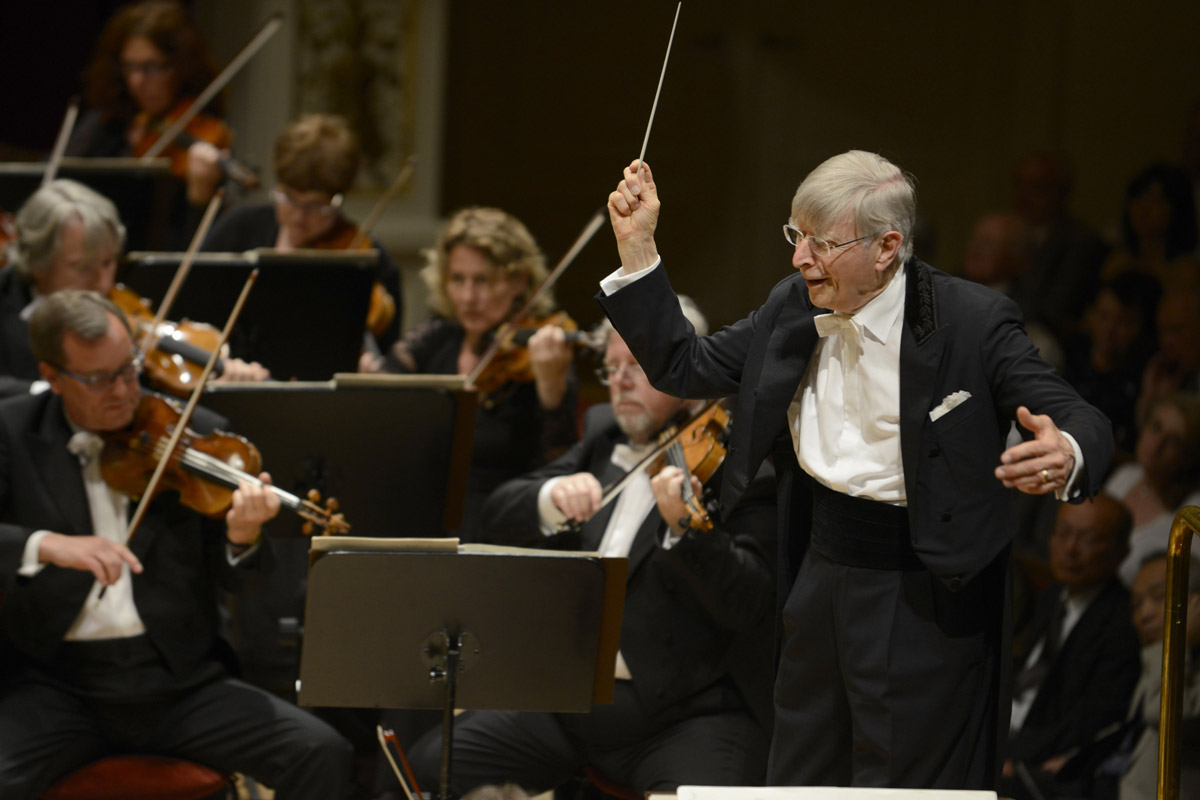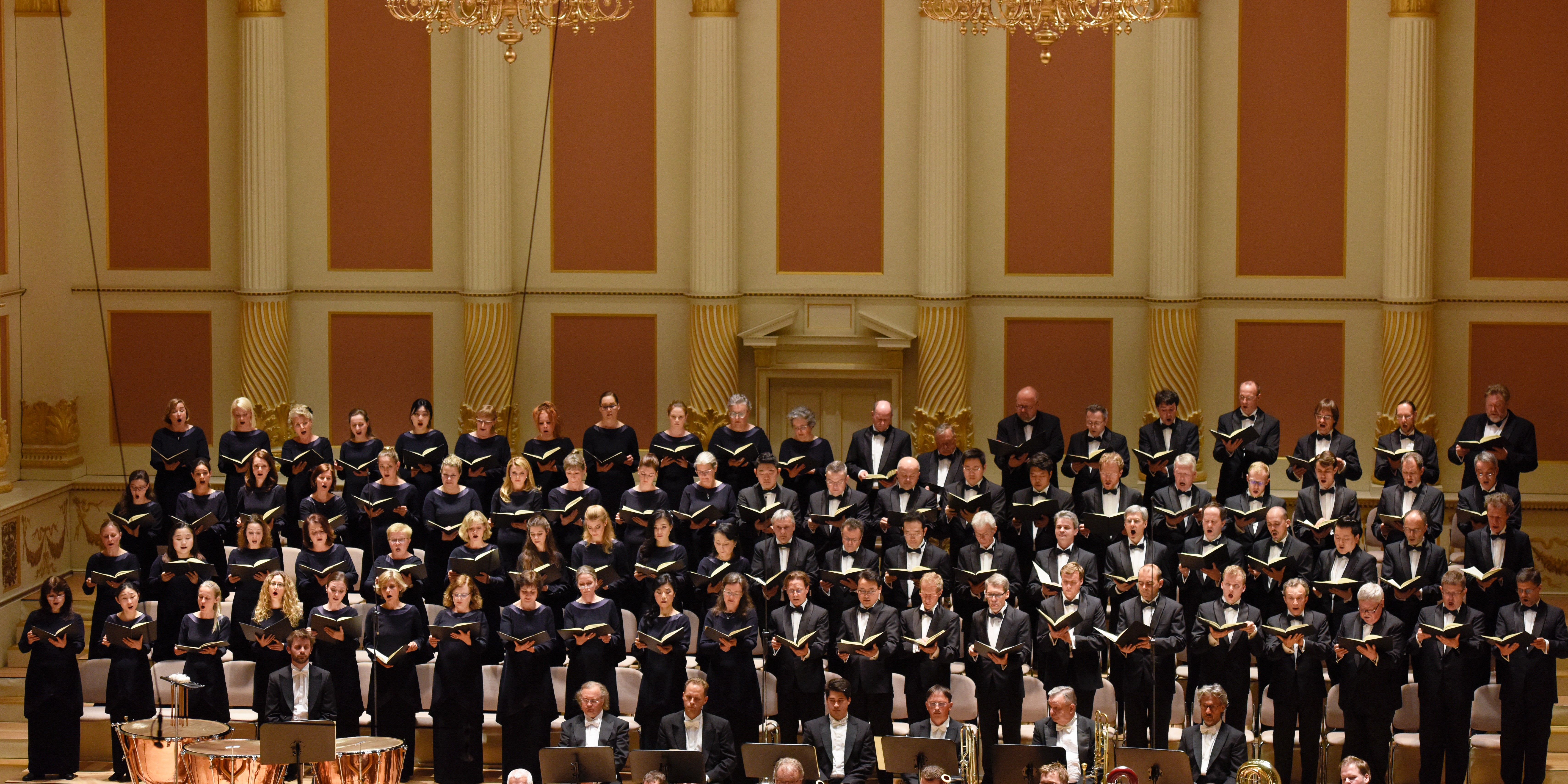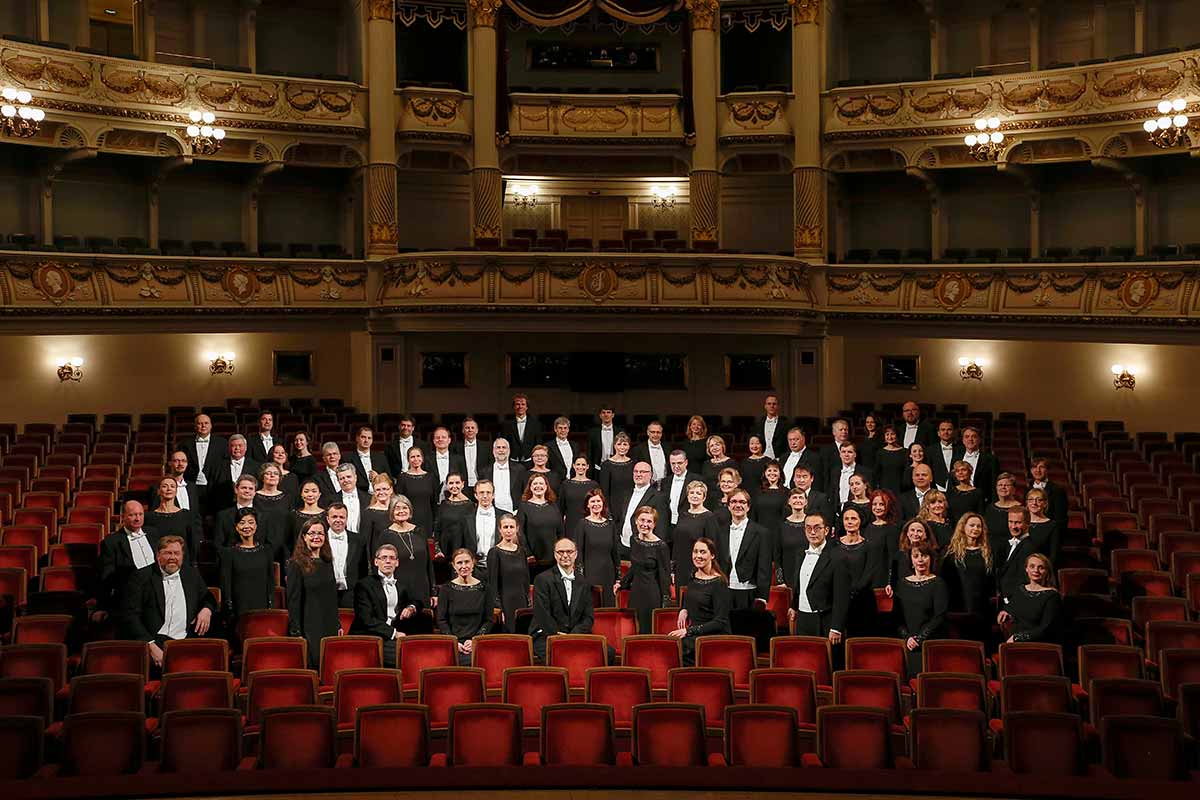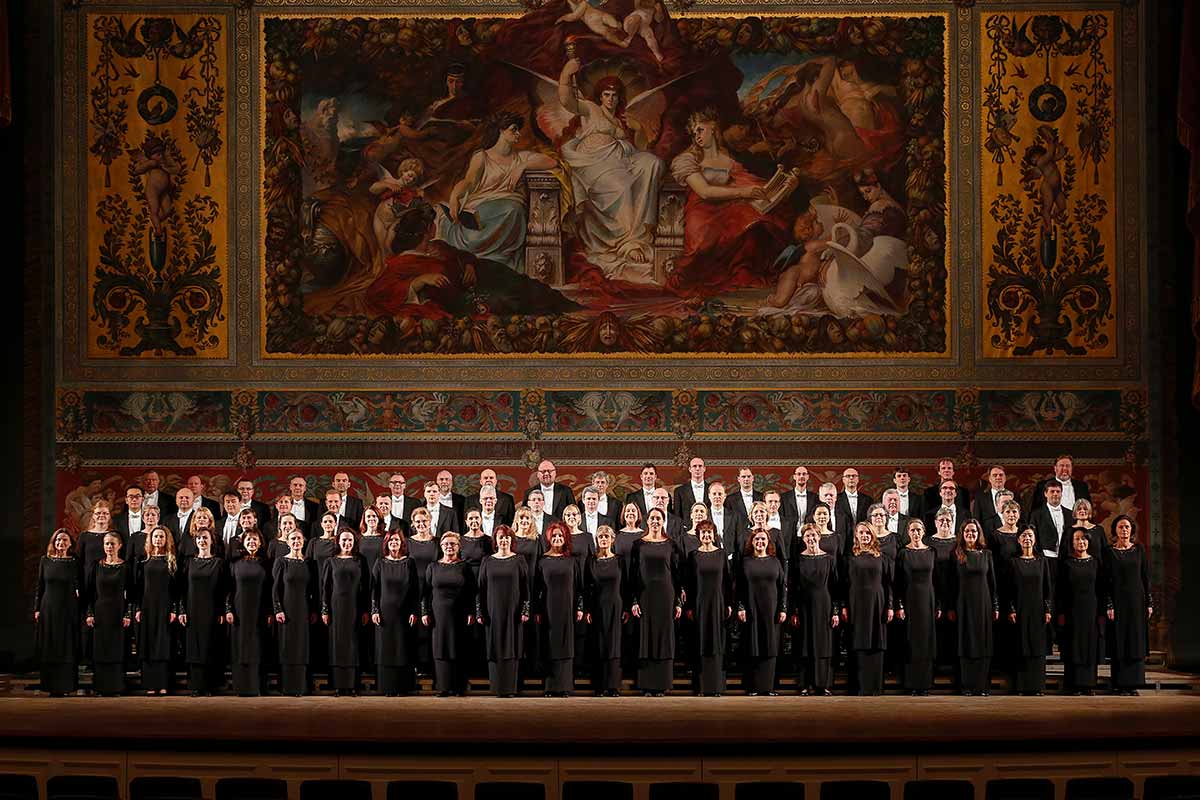Herbert Blomstedt
Conductor LaureateThe close relationship between Herbert Blomstedt and the Staatskapelle Dresden has now lasted for half a century. Following his debut with the orchestra in April 1969, he held the post of Principal Conductor from 1975 to 1985, a decade that is not only unforgettable musically, but which was also marked by difficult political conditions. In purely human terms, this was certainly a special chapter in the ensemble’s long history. Alongside the »local heroes« Wagner and Strauss, Herbert Blomstedt performed a wide repertoire during his time in Dresden, stretching from the Kapelle’s Baroque heritage to numerous world and German premieres. He recorded a vast number of works with the orchestra, and in 1985 conducted the first Staatskapelle concert in the newly rebuilt Semperoper. To the present day he has given more than 300 concerts with the Kapelle, including no fewer than ten appearances at the traditional Palm Sunday Concert, and has conducted a number of opera productions, formerly in the Dresden State Theatre. In 2007 the Staatskapelle awarded him its Golden Badge of Honour. In May 2016 he was named the orchestra’s Conductor Laureate, making him only the second conductor after Sir Colin Davis to hold this title.
Born in
the USA to Swedish parents, Herbert Blomstedt gave his conducting debut in 1954 with the Stockholm Philharmonic Orchestra. Later he led the Oslo Philharmonic as well as the Danish and Swedish Radio Symphony Orchestras in Copenhagen and Stockholm, respectively. He has been Music Director of the San Francisco Symphony, Principal Conductor of the NDR Symphony Orchestra in Hamburg and the 19th Kapellmeister of the Leipzig Gewandhaus Orchestra. He is the Conductor Laureate of the symphony orchestras of San Francisco, Leipzig, Copenhagen and Stockholm, the Bamberg Symphony and the NHK Symphony Orchestra in Tokyo. As a guest conductor, Herbert Blomstedt works with the world’s top orchestras. In 2011 he enjoyed a late debut with the Vienna Philharmonic, paving the way for a series of collaborations with that ensemble. He is an elected member of the Royal Swedish Music Academy, holds a number of honorary doctorates and in 2003 was awarded the Order of Merit (Großes Verdienstkreuz) of the Federal Republic of Germany. In April 2016 he received the prestigious Léonie Sonning Music Prize of Denmark for his life’s work as an artist.



